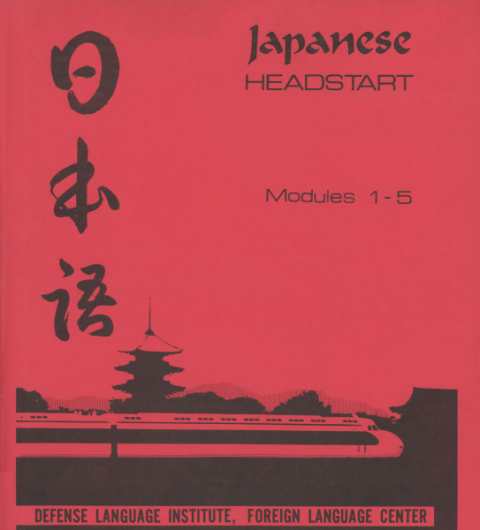You may never have heard much Yiddish, but we can’t call it a dead language. The tongue of the Ashkenazi Jews, one referred to in the 19th and part of the 20th century as simply “Jewish,” certainly did, however, have a near-death experience. Just before World War II, the number of Yiddish speakers alive numbered somewhere between 11 and 13 million; today we don’t even know the figure, though one estimate from the 1990s-era puts it under two million. The language, which first emerged in ninth-century Europe, has in recent decades come back from the brink of extinction, and resurgences of Yiddish education have happened in many historically Jewish parts of the world. But as in any less-common language, students may find themselves short of those most effective learning tools: fun things to watch. Now, to help with their acquisition of the still not especially popular Yiddish, they have a bit of the massively popular Seinfeld.
Thanks to that massive popularity, the quintessential 1990s sitcom has aired internationally, dubbed into a great many local languages. But when it comes to Yiddish, those interested in learning, speaking, and hearing it have had to take matters into their own hands — an ability celebrated throughout the annals of Jewish history, and just the sort of thing that revived the “Jewish” language in the first place. Vimeo user A Mishel has posted a series of Seinfeld clips educationally repurposed with Yiddish dialogue, often using old-favorite episodes covering culturally relevant territory: a bar mitzvah, for instance, or a briss. And as the one true “show about nothing,” Seinfeld specializes in the universally relevant stuff of everyday life: a dentist visit, or a dire singles mixer. Presumably, a coming advanced-studies segment will bring to Yiddish Seinfeld’s more recent adventures with קאָמעדיאַנס in קאַרס getting קאַווע.
via Metafilter
Related Content:
What’s the Deal with Pop Tarts? Jerry Seinfeld Explains How to Write a Joke
Seinfeld & Nothingness: A Supercut of the Show’s Emptiest Moments
Learn 48 Languages Online for Free: Spanish, Chinese, English & More
Colin Marshall hosts and produces Notebook on Cities and Culture and writes essays on cities, language, Asia, and men’s style. He’s at work on a book about Los Angeles, A Los Angeles Primer. Follow him on Twitter at @colinmarshall or on Facebook.




